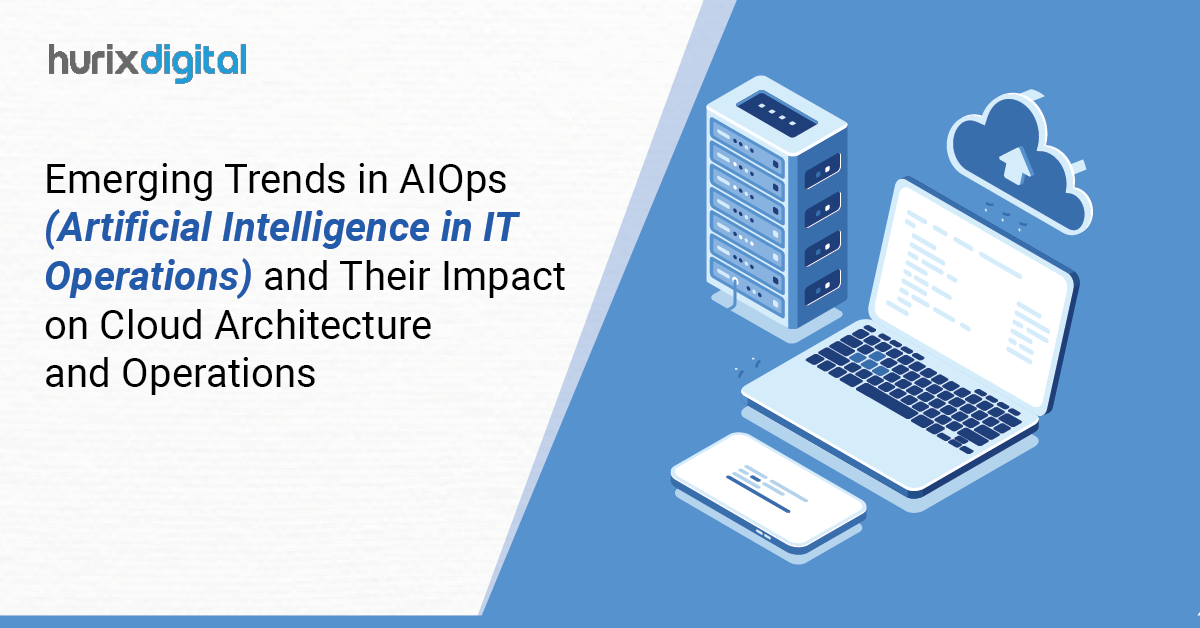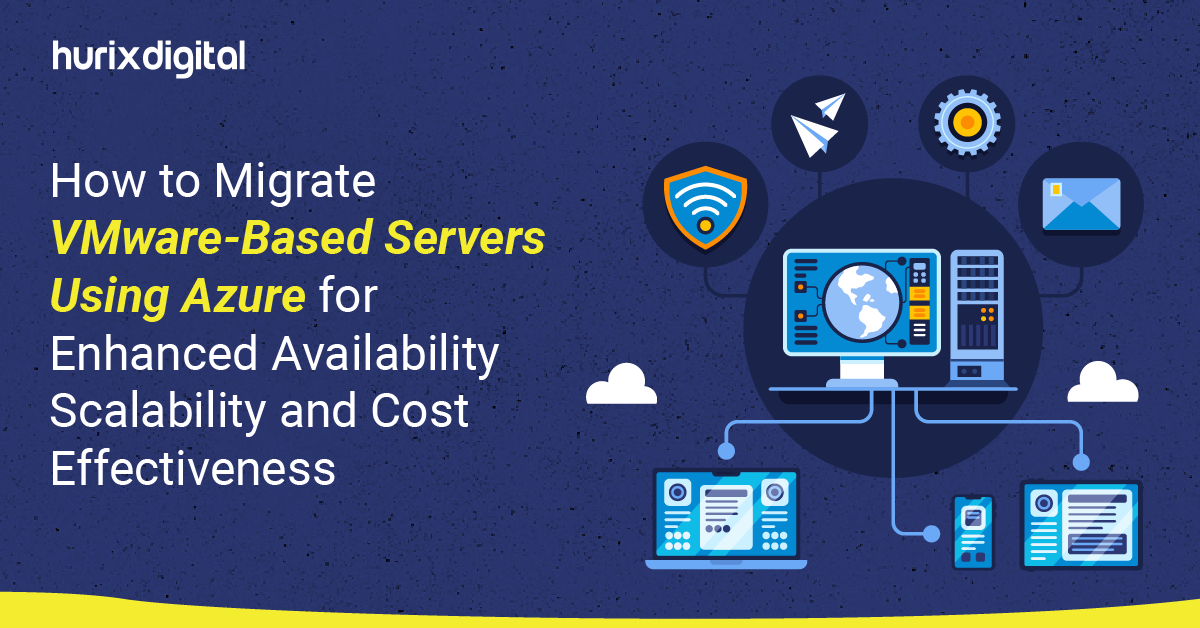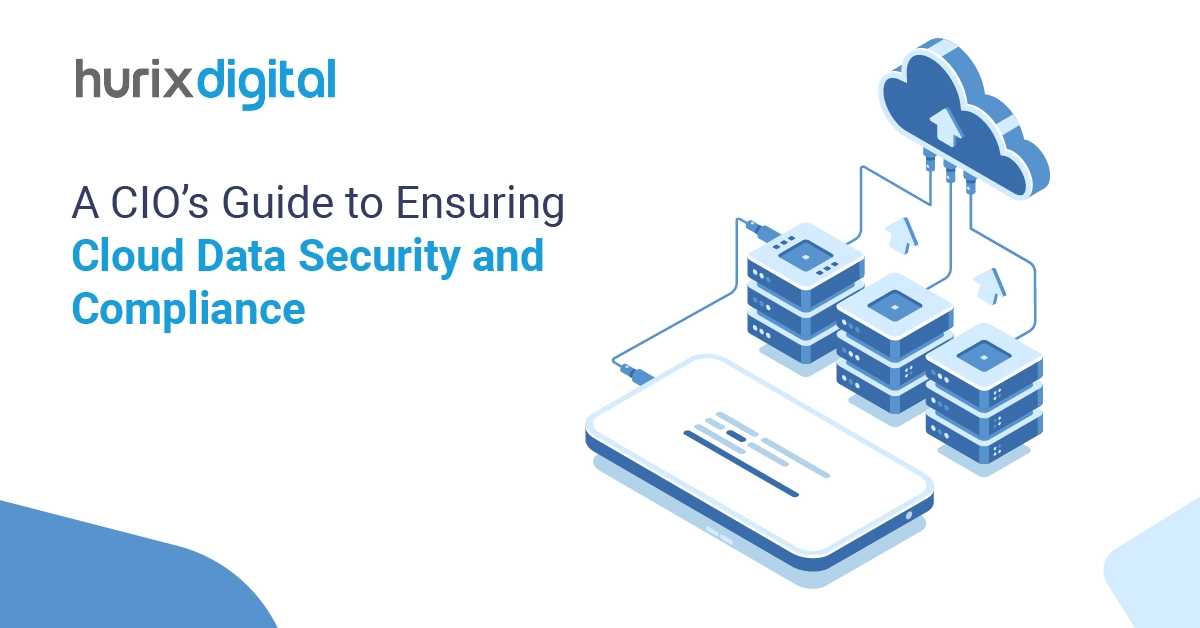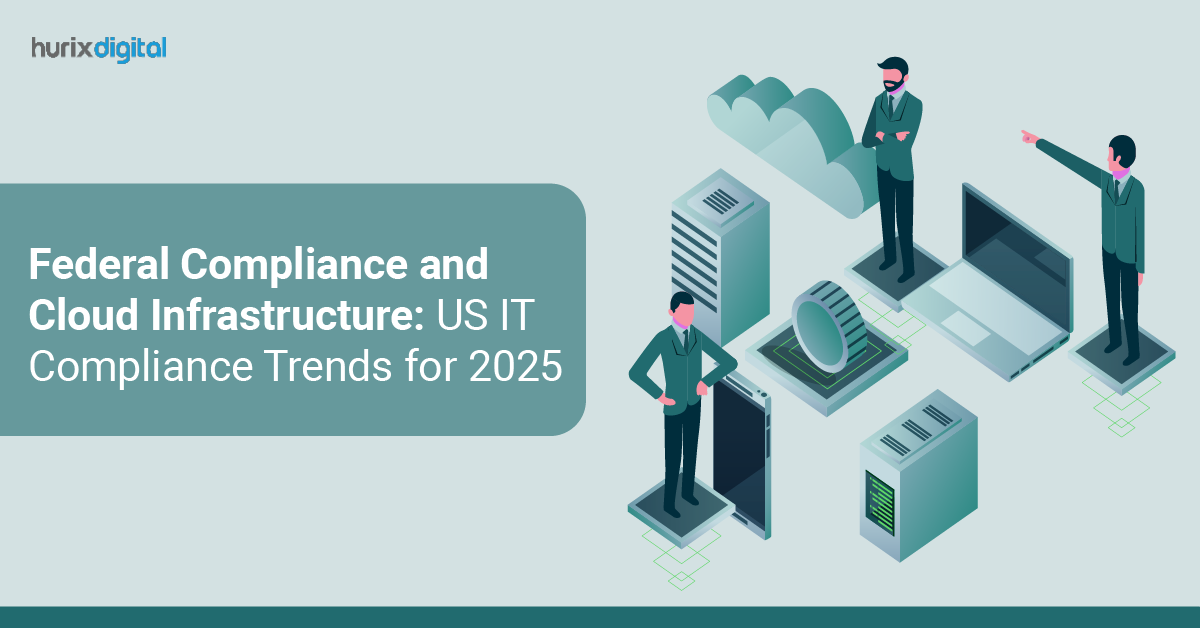
Emerging Trends in AIOps (Artificial Intelligence in IT Operations) and Their Impact on Cloud Architecture and Operations
Summary
This blog explores how AIOps in cloud infrastructure services enables businesses to automate processes, enhance data security, leverage predictive analytics, personalize offerings, reduce costs, scale faster and stay competitive.
As businesses scale, the challenges of working with legacy IT software continue to escalate and hinder growth. While legacy solutions have data processing and storage capabilities, they cannot automate predictive data insights, which equip businesses to make data-centric decisions.
However, the use of artificial intelligence (AI) techniques in cloud services is disrupting the status quo.
Several industries, such as financial services and banking, healthcare, automotive, and retail, are embracing the use of AI-based cloud infrastructure services. Experts predict that the estimated valuation of AI-based software will grow to $2740.46 billion by 2031.
In this blog, we will explore the key benefits of using AIOps (Artificial intelligence Operations) in cloud-based solutions and their significant impact on business operations.
Table of Contents:
- What are Cloud Infrastructure Services?
- Benefits of Harnessing AIOps in Cloud Infrastructure Services
- Impact of AIOps on Cloud Infrastructure Services
- The Conclusion
What are Cloud Infrastructure Services?
Cloud infrastructure services refer to a combination of specialized cloud-related software and hardware solutions available to enterprises. These services are available on a subscription basis, can be white-labeled, and can be customized per an enterprise’s specific needs.
Instead of building cloud capabilities in-house from scratch, businesses can avail of cloud maintenance and management services delivered by cloud experts. This approach enables them to reduce investments in cloud hardware and software. Businesses need not hire specialized cloud professionals, which translates to cost savings.
Integrating AIOps into cloud infrastructure enables businesses to derive more value from services. Let’s understand the key benefits of using AI-powered cloud infrastructure.
Also Read: Learn How to Make Your University Efficient with Cloud-Based Solutions
Benefits of Harnessing AIOps in Cloud Infrastructure Services
Businesses can benefit from opting for AI-powered cloud infrastructure services by investing in infrastructure optimization in the following ways:
1. Higher Flexibility and Agility
The integration of AI in cloud services enables businesses to customize workflows, enabling higher productivity and efficiency of teams as they have more time to focus on more complex tasks. Businesses can make changes to products and services much faster as market demands change, thus nurturing a culture of agility and innovation.
2. Automates High-Value Tasks
IT operations automation is becoming an invaluable asset for businesses today. While legacy systems enable businesses to automate repeated tasks, AI also enables businesses to automate high-value tasks.
These tasks are more complex and demand the processing of data in more depth. For instance, high-value tasks such as financial analysis and content generation can be automated with cloud architecture to deliver elevated results.
3. Boosts Threat Recognition and Response
The data security function is completely transformed with the use of AI in cloud operations. AI can quickly recognize a wide range of potential cyber threats. For instance, intelligent automation can flag irregular usage patterns. Warning signs are activated early on to respond quickly. A potential threat can be fully investigated early on, preventing escalations into a full-blown cyberattack.
4. Faster Data Recovery
Data loss due to cyber-attacks can lead to paralysis of business activities. The usage of AI in cloud services enables exponentially quicker data recovery. The reduced downtime enables businesses to get back on their feet quickly and continue uninterrupted services to their clients and customers.
This can enhance user experience, which helps companies scale with more customers wanting to use their services.
5. Predictive Data Analysis Capabilities
When AI and Machine Learning in IT Ops are combined with the power of cloud computing, businesses can harness superior predictive data analytics to transform the decision-making process. Historical data can be analyzed to forecast the future in various contexts.
These range from future sales and customer behavior to the potential for financial fraud and trading outcomes. Today, predictive analytics is used for forecasting, managing risk, deconstructing customer behavior analytics, detecting cases of fraud, and optimizing operations.
6. Personalization of Products and Services
Today, personalization touches all aspects of life—from social media feeds and educational learning paths to financial products. Access to AIOps in cloud services opens up avenues for businesses to personalize their products and services for customers completely.
With this, they can adapt their products and services for diverse audiences and expand their business models.
Impact of AIOps on Cloud Infrastructure Services
Businesses can revolutionize their functionality through the use of AI-based cloud operations services. Here are some benefits:
1. Scale Faster
Intelligent automation enables enterprises to scale much faster. For instance, enterprises looking to onboard new customers and users or expand to new geographies can do so quickly, efficiently, and cost-effectively without disrupting existing operations. Access to professional cloud infrastructure services also makes it possible to scale back down just as easily.
2. Reduce Go-to-Market Timeframes
Businesses can innovate existing products and services quickly and launch new ones with reduced go-to-market speed. This allows them to remain competitive in fast-changing market conditions. Interested consumers are more likely to invest in these companies as they can be sure that they will get advanced services.
3. Enhance Data Security
The potential for cyberattacks and compromised data comes down significantly. Enterprises can continue their daily operations and innovation work without the fear of falling prey to the growing threat of cyber attacks. They continue to build a reputation as a company that safeguards confidential data and enjoys customer trust.
4. Save on Costs
The use of AIOps in infrastructure optimization services helps businesses reduce costs in several ways:
- Companies can completely avoid investments in the startup costs associated with AI-based cloud setup, maintenance, and management.
- They can reduce hiring costs associated with recruiting and onboarding professionals with dedicated cloud computing skills.
- The cost of building products and services also comes down significantly. Yet, businesses can deliver higher value to their customers and users.
- Businesses can reduce costs associated with large-scale data leaks ranging from recovery to reputation management, and legal services.
- Enterprises can avoid the opportunity cost associated with interrupted services triggered by data loss and slow data recovery processes.
Also Read: Here is Everything You Need to Know About Cloud-Based Disaster Recovery
The Conclusion
The use of AIOps in cloud infrastructure services is enabling businesses to improve operational efficiency and drive faster, higher-value outcomes. They can also reap the benefits of automating repetitive processes, which allows team members to stay focused on the strategic aspects of the business.
They can leverage predictive data analytics to forecast customer behavior and market trends. Furthermore, they can personalize services and products, go to market much faster, and stay competitive.
If your enterprise seeks to scale quickly and maintain a competitive edge, harnessing the power of AI is key to success. Hurix Digital brings superior expertise, knowledge, and cloud solutions to address key operational and data security challenges.
Get in touch with us to learn more about intelligent automation for a faster and more secure system!

Vice President and Strategic Business Unit Head – Cloud Services
A top technology management voice on LinkedIn with 20 Years of experience in Information Technology, Cloud Services, Digital Transformation, Application Modernisation, Managed Services, IT Security Engineering and Operations Management. An avid technology Leader, Leadership Speaker, Author & Coach.







